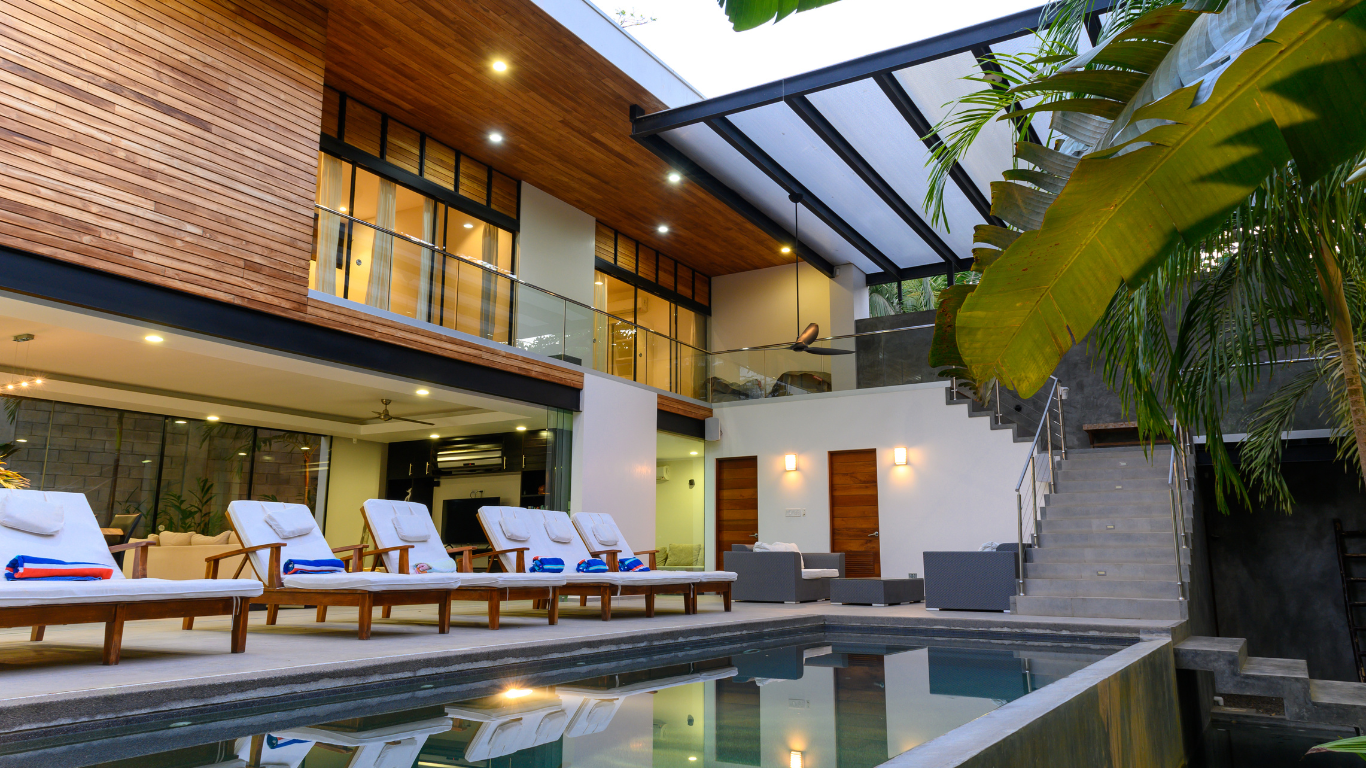1031 exchanges and vacation properties are an attractive avenue for investors. But, the path is filled with specific rules and considerations. Making the most of this investment strategy requires understanding the limits of a proper 1031 exchange and what types of vacation properties actually qualify. Following the rules will help make your next vacation home purchase a solid investment.
What is a 1031 Exchange?
A 1031 exchange, named after Section 1031 of the U.S. Internal Revenue Code, is a powerful tool for real estate investors. It allows the deferral of capital gains taxes when you sell an investment property and reinvest the proceeds into another property. This strategy is not just about deferring taxes – it’s an avenue for portfolio growth and diversification.
Vacation Property Types by Usage
Vacation properties come in two distinct forms: those used solely for private enjoyment and those also rented out through platforms like VRBO (Vacation Rental by Owner).
Private-Use Vacation Properties – These are properties used exclusively by the owner and their family or friends for leisure and vacation purposes. They do not generate rental income and are typically not considered investment properties. Because of this, they usually do not qualify for 1031 exchanges since the IRS requires properties in exchanges to be held for investment purposes.
Vacation Properties as VRBO – In contrast, vacation properties rented out to others, even for part of the year, can be considered investment properties. This classification depends on how often and under what terms the property is rented. For a vacation property to qualify for a 1031 exchange, it must demonstrate an intention for income generation. Regular and consistent rental income and proper rental agreements help establish this intent.
Balancing personal use with rental availability is key. Owners must be cautious about how much time they personally use the property versus when it is available for rent. To maintain eligibility for a 1031 exchange and avoid 1031 exchange mistakes, personal use should be limited, and the property should mainly function as a rental.
What are the Rules of 1031 Exchanges?
For a property to qualify for a 1031 exchange, it must be used for business or investment purposes. The rules are strict: you have a 45-day window to identify potential replacement properties and 180 days to complete the purchase after selling your original property. A qualified intermediary must facilitate the transaction to ensure compliance and proper handling of the proceeds.
1031 Exchanges and Vacation Properties
When it comes to a 1031 exchange for vacation properties, the distinction between private use and VRBO properties becomes crucial. Mistakes in distinguishing between personal enjoyment and investment purposes can lead to disqualification from the tax-deferral benefits of a 1031 exchange.
Vacation Properties for Private Use – Since these properties don’t generate rental income, they typically fall outside the scope of 1031 exchanges. However, suppose an owner decides to convert a private-use vacation home into a rental property. In that case, they need to have owned the property for 24 months, and it must be genuinely available for rent. Only after this period can the property potentially qualify for a 1031 exchange.
Vacation Properties as VRBO – For properties rented out through platforms like VRBO, compliance with 1031 exchange rules requires careful documentation and adherence to usage limits. The property must be rented out for at least 14 days each year, and personal use must be limited to under 14 days or 10% of the total rental days. This distinction ensures that the property’s primary purpose is investment, making it eligible for a 1031 exchange.
Successful and Unsuccessful Exchange Examples
In a successful 1031 exchange involving a Montana lake property, the investor initially used it as a personal vacation home before converting it into a VRBO rental. For two years, the property was predominantly rented out, with the owner limiting personal use to under two weeks per year and maintaining meticulous records of rental activity. This strategic planning and strict adherence to IRS rules on property use and rental income allowed the owner to successfully use a 1031 exchange to acquire a new rental property in Colorado, successfully deferring capital gains taxes.
An unsuccessful exchange occurred with an investor who bought a ski chalet intending to use it both personally and as a rental property. The chalet was infrequently rented, and the owner often reserved it for personal use during peak periods, leading to very little rental income. The chalet usage for personal enjoyment rather than investment led to the IRS disallowing the 1031 exchange when the investor tried to acquire a new property. The failure to meet IRS guidelines for rental activity and property use resulted in significant tax liabilities.
Professional Assistance in 1031 Exchanges
Future 1031 exchanges, especially with vacation properties, often require professional guidance. At Cortes & Hay, we bring over 50 years of knowledge and experience to every 1031 exchange, particularly when dealing with vacation properties. Let our expertise in the greater New Jersey area help guide your next investment decision. Contact us today for help through the complexities of this powerful investment strategy.

